In the fast-growing world of co-working culture, flexibility and functionality are no longer enough.
Modern professionals, startups, and even corporates are now looking for workspaces that align with well-being, energy balance, and holistic productivity — and that’s where Vastu Shastra comes in.
🌟 Why Vastu is Entering the Co-Working Conversation
Traditionally used in home and temple design, Vastu Shastra — the Indian science of architecture — is now being applied to commercial real estate, especially in urban Indian cities like Delhi, Bengaluru, Mumbai, Chandigarh, and Ambala.
And it makes perfect sense.
● Vastu aligns spaces with natural elements and energy flows
● It aims to enhance mental clarity, success, harmony, and health
● Indian entrepreneurs and professionals already value Vastu for homes
● Applying it to workspaces is the next logical step in Indian cities

🧿 Why Co-Working Spaces Need More than Just Design
Most co-working spaces today are focused on:
● Open-plan layouts
● High-speed internet and ergonomic furniture
● Coffee machines and Instagram-worthy corners
● Branded walls and modular seating
But what they often miss is energy balance.
Vastu helps fill that gap by bringing a deeper layer of psychological and spatial wellness, often missing in purely Western office layouts.
🛕 Vastu Principles That Boost Workplace Energy
If designed well, a Vastu-compliant co-working space can:
● Enhance focus, creativity, and productivity
● Reduce stress and internal friction among coworkers
● Encourage financial growth and business success
● Improve overall well-being and mental calm
Here’s how Vastu can shape the future of co-working:
🧭 1. Ideal Directional Orientation
● Workstations should face East or North-East for clarity and motivation
● The reception area should be in the North-East or East
● Pantry or food areas should be in the South-East zone (Fire element)
● Toilets should be positioned in the North-West or West
● Conference rooms can be placed in the South or South-West
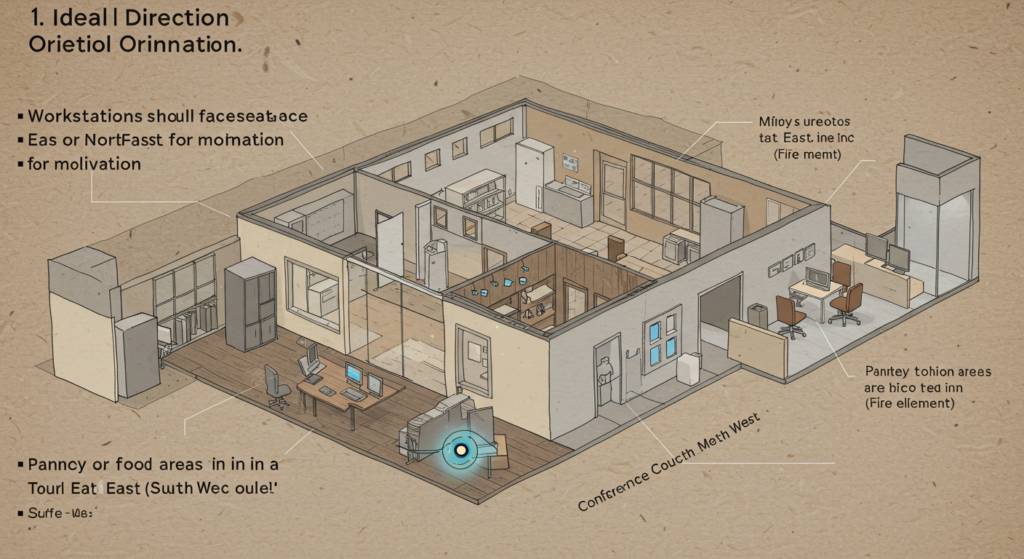
🪑 2. Strategic Desk and Cabin Placement
● Entrepreneurs and team leads should sit in the South-West facing North or East
● Avoid placing desks under beams — they cause subconscious pressure
● Desks should not face walls directly; leave open space in front for flow
● Keep at least 3 ft of space behind each seat for energy circulation
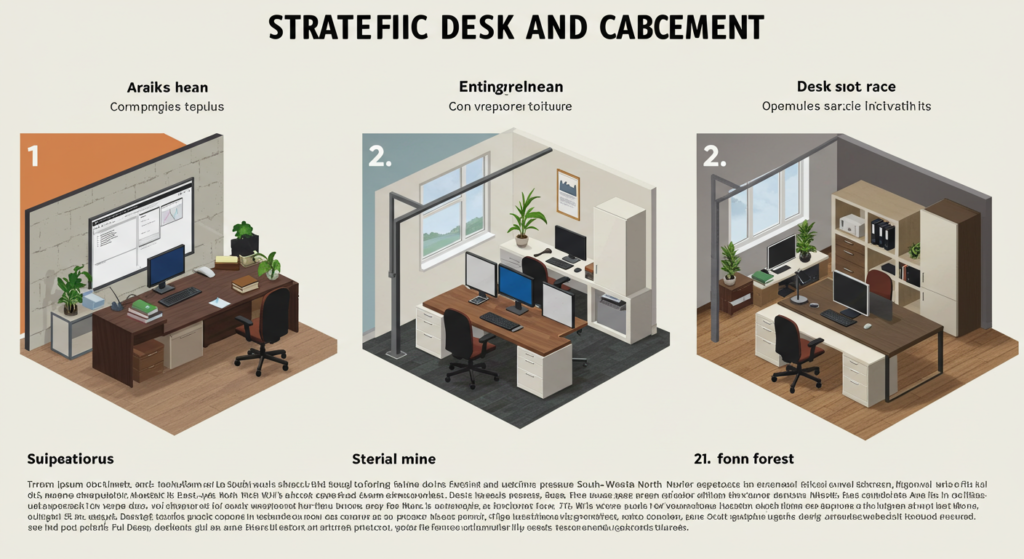
🌿 3. Elements of Nature
● Use indoor plants in the East and North corners for freshness
● Water features like a fountain in the North attract positive energy
● Incorporate sunlight, cross ventilation, and natural materials wherever possible
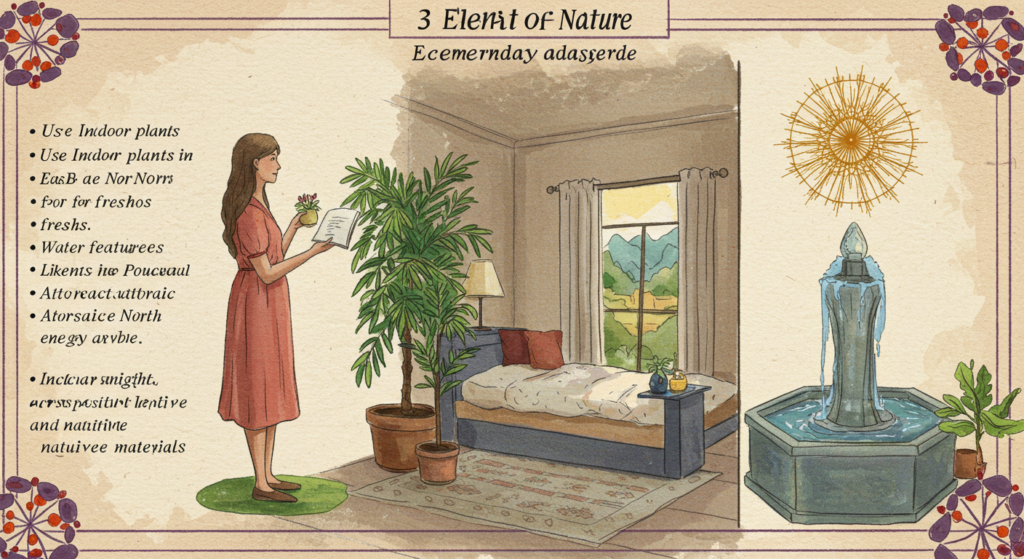
🖼️ 4. Design & Decor Guidelines
● Wall colors: Use light tones — off-whites, pastels, and earthy colors
● Artwork: Avoid sad or aggressive imagery
● Mirrors can be placed in the North or East to expand visual spa
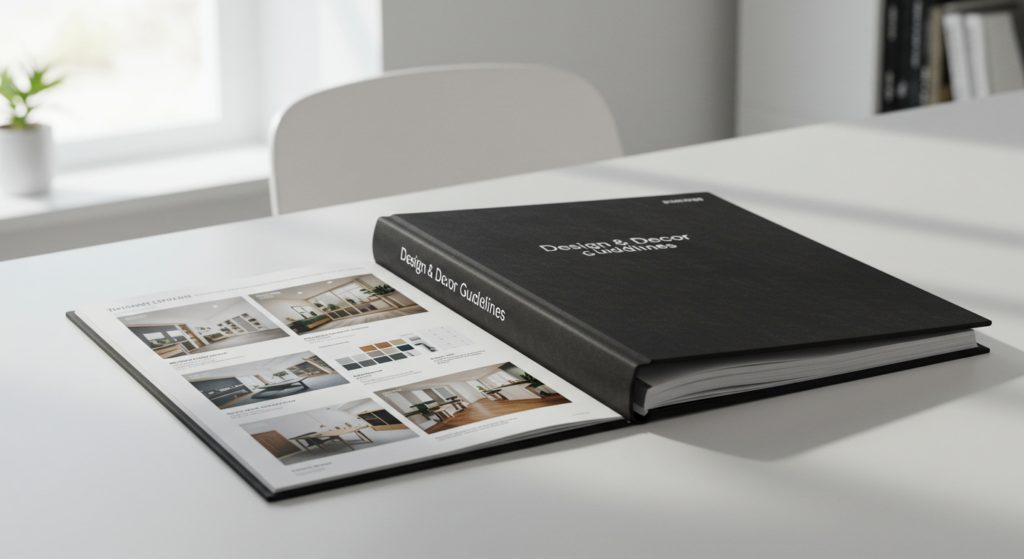
ce
● Avoid clutter and keep storage in the South or West zones
🔌 5. Tech and Energy Alignment
● Electrical equipment should be in the South-East (aligned with Fire)
● Wi-Fi routers and servers are best placed in Agni corners
● Avoid placing computers directly opposite to entrance doors
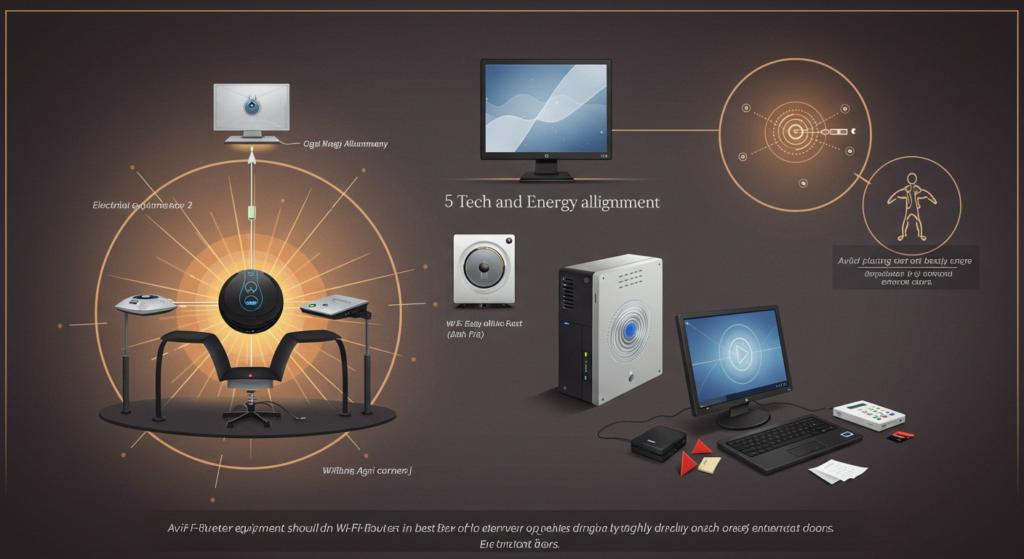
📈 How This Impacts ROI and Brand Image
A Vastu-aligned space is not just a spiritual concept — it brings measurable results in the business world:
● Higher employee retention and satisfaction
● Reduced sick days and absenteeism
● Stronger focus, flow state, and mental calm
● Enhanced client experience and reputation
● A unique USP (Unique Selling Proposition) in a saturated co-working market
In India’s highly spiritual and value-driven business environment, these features matter — especially when targeting local entrepreneurs, wellness brands, coaches, or digital professionals.
📍 Demand Rising in Tier-2 Cities Like Ambala
● Professionals in cities like Ambala, Panchkula, Mohali, and Ludhiana are actively seeking workspaces that align with Indian values
● Many avoid traditional office leases due to cost and rigidity
● Co-working spaces offering Vastu compliance + flexible plans are the future of Tier-2 entrepreneurship
● Landowners and developers in Haryana have a real opportunity to create such spaces now
🔮 Future Trends to Watch
● Co-working startups will begin to market Vastu-compliance as a feature
● Landowners may seek Vastu consultations before leasing commercial units
● Apps and AI tools will help visualize Vastu scores in real-time floor plans
● Architects will collaborate more with Vastu consultants and wellness planners
● Indian cities will see more hybrid models: Vastu + modern minimalist design
🧘 My Personal Take as an Architect
I’ve seen Vastu transform how spaces feel and function — not just homes, but offices and even warehouses.
In a fast-paced world where burnout is real, a well-aligned workspace isn’t just a trend — it’s a necessity.
Design should not only look good, it should feel good.
As Indian cities evolve, the future belongs to spaces that blend science, sustainability, and spiritual harmony — and Vastu is at the heart of it.
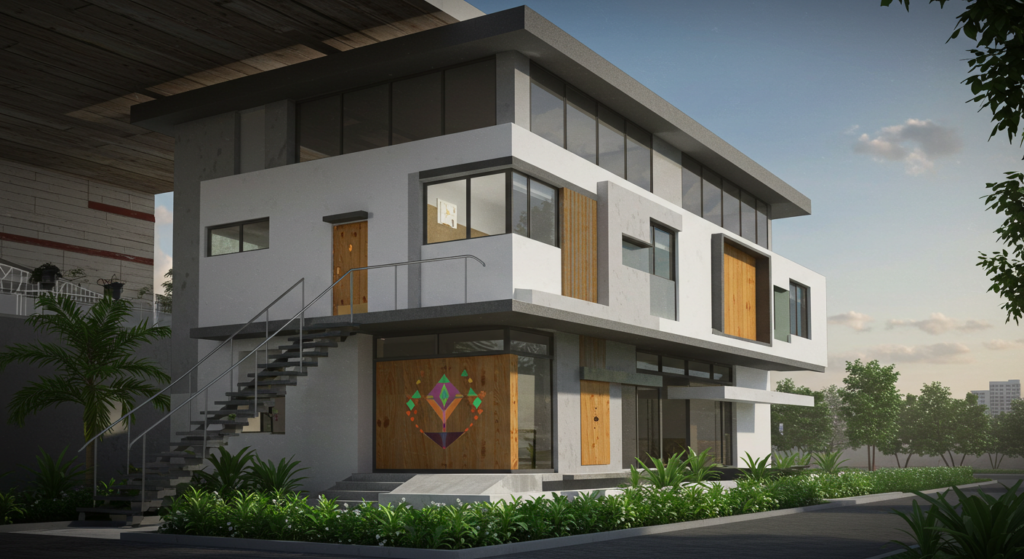
🧱 Need Vastu-Compliant Co-Working Space Design in Haryana?
I help clients design and build energy-balanced, Vastu-verified workspaces that support wellness, performance, and prosperity — with deep cultural relevance.
📞 Call or WhatsApp: +91 94675 99688
🌐 Website: www.mishulgupta.com
📍 Office: Ambala, Haryana
📩 Email: contact@mishulgupta.com
Let’s design your next workspace with purpose, prosperity, and peace.
Because good energy is good business.
